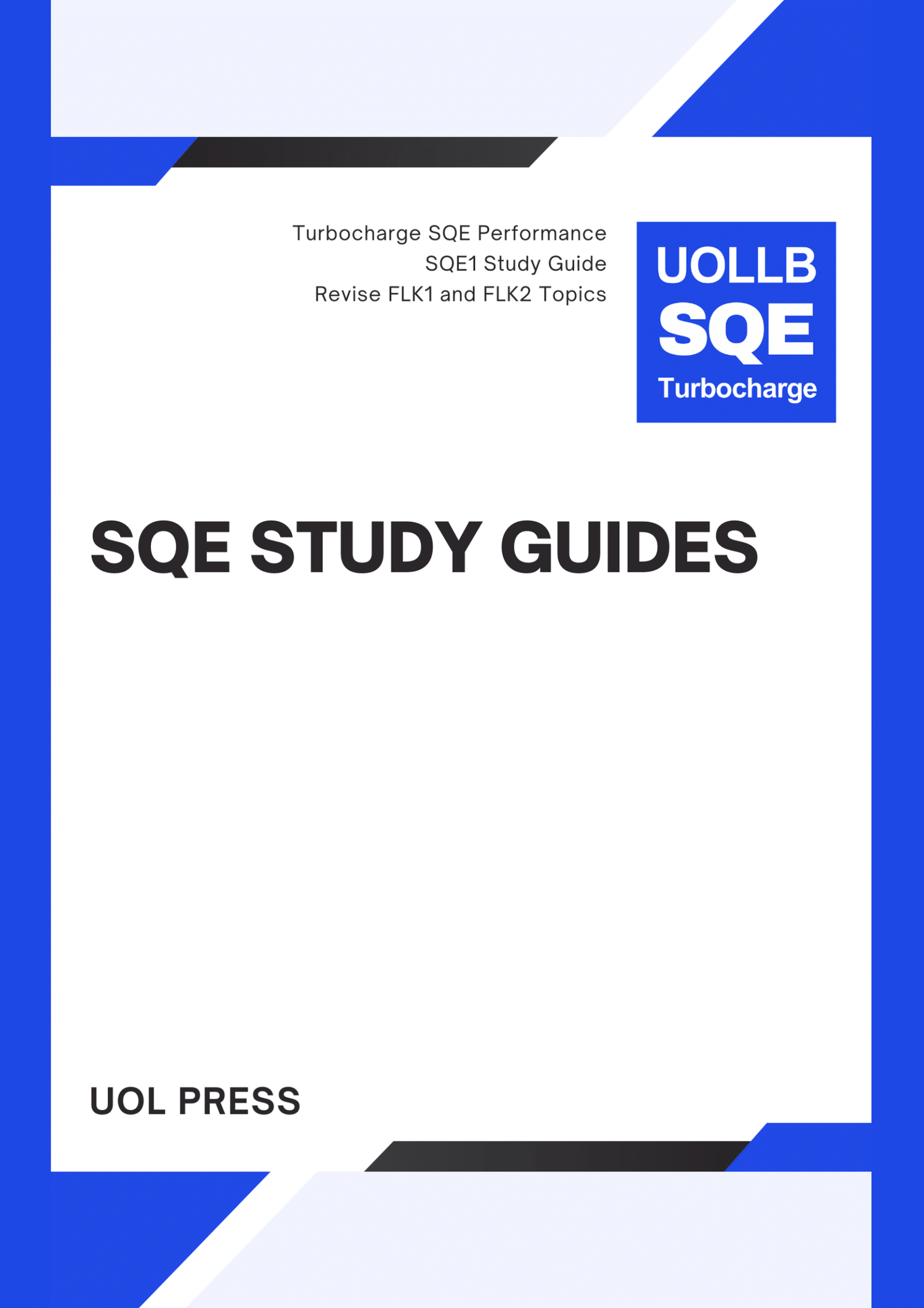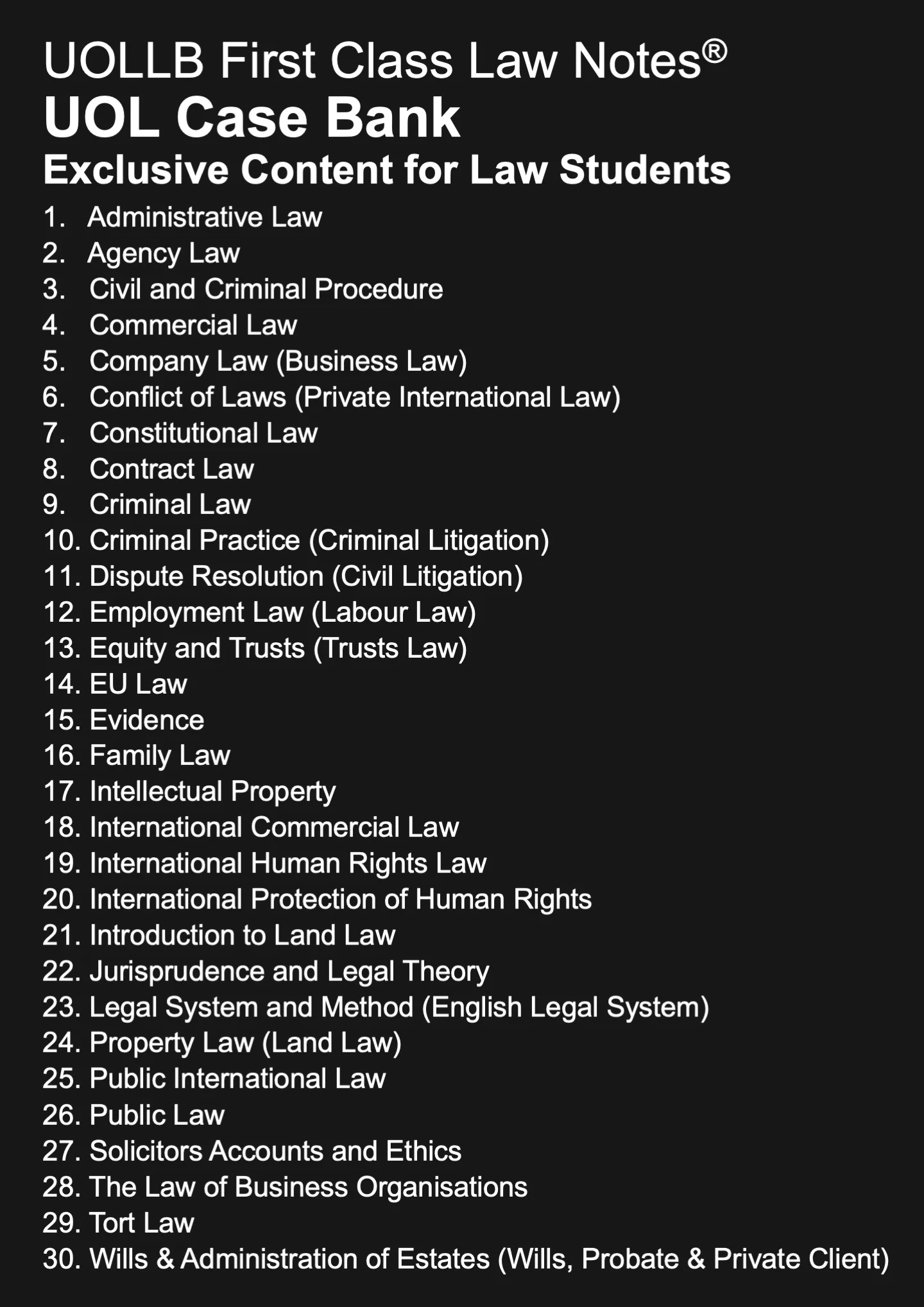Lloyds Bank Plc v Rosset [1990]
Share
Lloyds Bank Plc v Rosset [1990] UKHL 14 is a landmark case in English property law which dealt with the issue of beneficial ownership of a property in the context of a relationship breakdown where the claimant is not a legal owner of the property but has contributed to the improvement works of the property.
Mr and Mrs Rosset had purchased a property in London as an investment, with the assistance of a mortgage from Lloyds Bank. The property was registered in Mr Rosset's name only, but Mrs Rosset claimed that she had made significant contributions to the purchase price and had assisted with the renovation and decoration of the property.
After the breakdown of their relationship, Mr Rosset went bankrupt and defaulted on his loan from Lloyds Bank. Mrs Rosset sought a declaration that she was entitled to a beneficial interest in the property.
The House of Lords held that Mrs Rosset did not have a beneficial interest in the property and her contribution did not give rise to a constructive trust. The first reason was that the work she had done on the property was not enough to give her an equitable proprietary right. The second reason was that there had been no express agreement that she would have a share. The third reason was that she had not make any contributions to the purchase price.
The ruling of this case is subjected to heavy criticism for failing to recognise that work might generate an equitable interest in a family home (see Stack v Dowden 2007). However, it is still seen as the leading case on constructive trust claims regarding single legal owner properties until it is overturned by a later cases of equal authority or repealed by an Act of Parliament.
Mr and Mrs Rosset had purchased a property in London as an investment, with the assistance of a mortgage from Lloyds Bank. The property was registered in Mr Rosset's name only, but Mrs Rosset claimed that she had made significant contributions to the purchase price and had assisted with the renovation and decoration of the property.
After the breakdown of their relationship, Mr Rosset went bankrupt and defaulted on his loan from Lloyds Bank. Mrs Rosset sought a declaration that she was entitled to a beneficial interest in the property.
The House of Lords held that Mrs Rosset did not have a beneficial interest in the property and her contribution did not give rise to a constructive trust. The first reason was that the work she had done on the property was not enough to give her an equitable proprietary right. The second reason was that there had been no express agreement that she would have a share. The third reason was that she had not make any contributions to the purchase price.
The ruling of this case is subjected to heavy criticism for failing to recognise that work might generate an equitable interest in a family home (see Stack v Dowden 2007). However, it is still seen as the leading case on constructive trust claims regarding single legal owner properties until it is overturned by a later cases of equal authority or repealed by an Act of Parliament.
























































